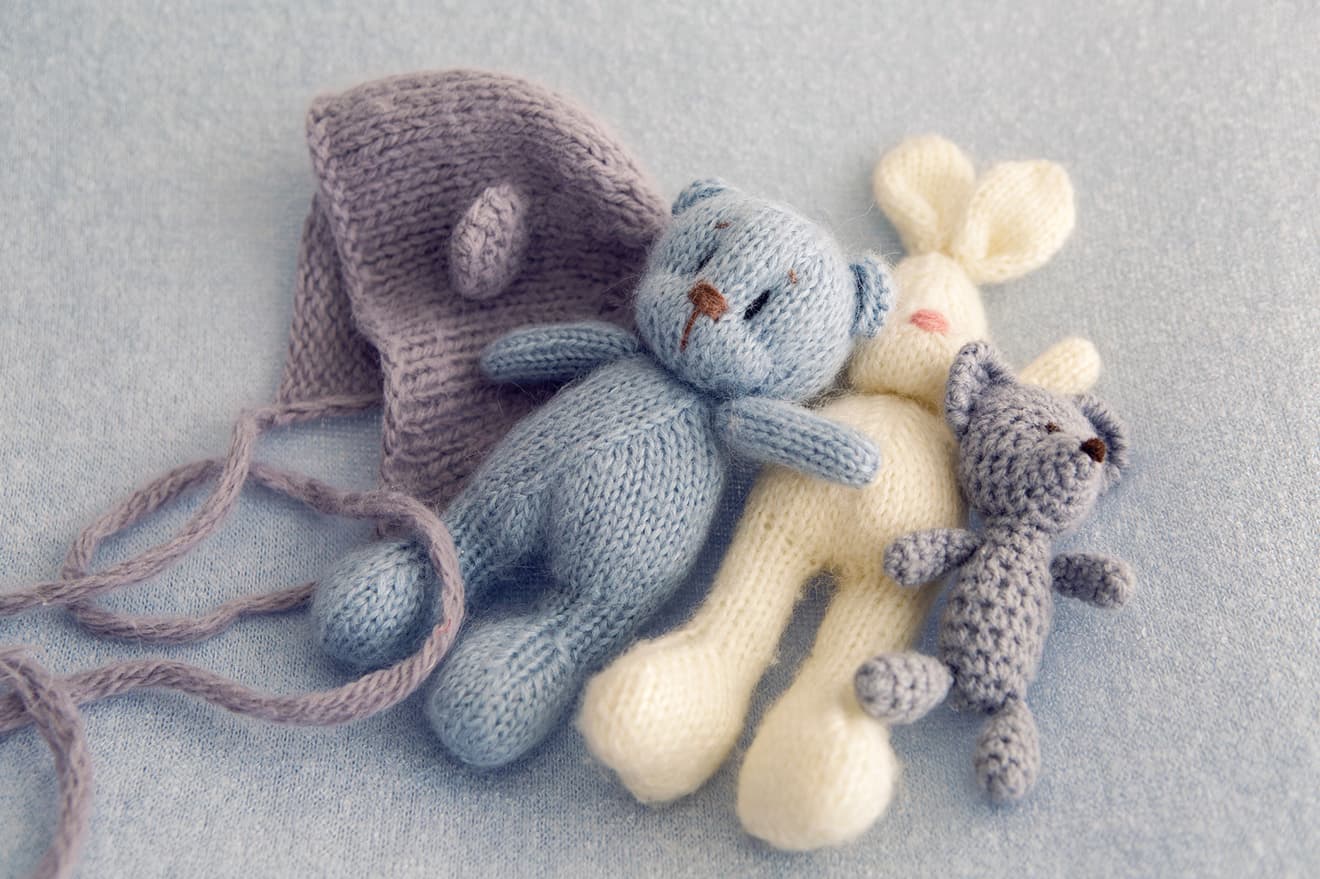21 September 2022
This week’s blog is an introduction to the fascinating world of umbilical cord blood stem cell banking. If you’re expecting a little one right now, planning to in the future or know someone that is, it’s worth reading on to discover just why this service is so valuable to families. To welcome us to stem cell banking, we’ve caught up with Amanda Williamson of Future Health Biobank, one of the UK’s three main stem cell banks.
What is umbilical cord banking?
Umbilical cord banking is the process that allows expectant parents to collect and preserve the stem cells found in the baby’s cord blood and tissue to store for potentially life-saving treatments in the future. Stem cells are unspecialised cells, referred to as the building blocks of life, characterised by their ability to transform into specialised cells. This gives them the ability to be used in treatments for illnesses such a leukaemias and anaemias. In fact, there are around 85 standard therapies using cord blood.
A baby’s stem cells are a 100% match for them with current figures suggesting a 25% chance of a match for close family members, such as a sibling.
With over a decade’s experience in the cord banking industry, Amanda has a wealth of knowledge and explains:
“Umbilical cord blood stem cell transplants are in fact not new. The first successful transplant took place nearly 35 years ago in 1988. Throughout my time at Future Health, I’ve seen more and more families benefit from storing their baby’s stem cells, not only from the samples we’ve released for clinical trial or transplant, but the stories we hear from around the world.”
Why do parents store their baby’s stem cells?
Amanda explains the key things the families she speaks to consider:
“This reason is very much unique to each family. Perhaps there is a genetic predisposition or family history of an illness. For some it’s like having their own biological life-insurance policy.
If the worst should happen, families know those cells could be an option. They’re stored 100% for their family and could circumvent the need for a vast search on public registries where there is no guarantee of finding a match. Ultimately, these cells have and can change and save lives; incredible for something usually discarded at birth.
Families take great comfort knowing their child’s cells are stored safely with us, and we’ll ship them to any transplant centre in the world free of charge.”
What’s the process for families who want to store their baby’s cells?
Amanda continues:
“We’ve made the process as simple as possible for parents-to-be. There is a digital consent process that our customer care team can walk you through.
You’ll need to add the collection to your birthing plan. On the day, a specialised phlebotomist will collect your baby’s cord blood shortly after birth. When you go into labour, a text just needs sending to the phlebotomist who will keep in touch to see how labour is progressing. Once the collection is completed, our medical courier will collect the kit to return to our on-site, accredited laboratory where our team will begin processing your sample.
As cord blood collections don’t interfere with birth it does mean the service is accessible to many families.
You can choose to bank cord blood in the hospital*, birthing clinic or alongside a home birth. In addition, umbilical cord blood banking is compatible with vaginal, planned or emergency c-section and instrumental births. You can also store stem cells if you have used any of the following: surrogacy, IVF and egg or sperm donation.”
It is definitely apparent that at the very heart of stem cell banking is the aim to provide the majority of parents with the opportunity to store stem cells as well as making it easy to access them should they need to.
*The majority of hospitals in the UK allow the collection of cord blood and tissue stems cells, there are a small minority who don’t, your chosen stem cell bank should be able to guide you on this.
Amanda is incredibly passionate about stem cells, and who can blame her, given their life-saving potential.
For more information about Future Health Biobank visit www.futurehealthbiobank.com.




